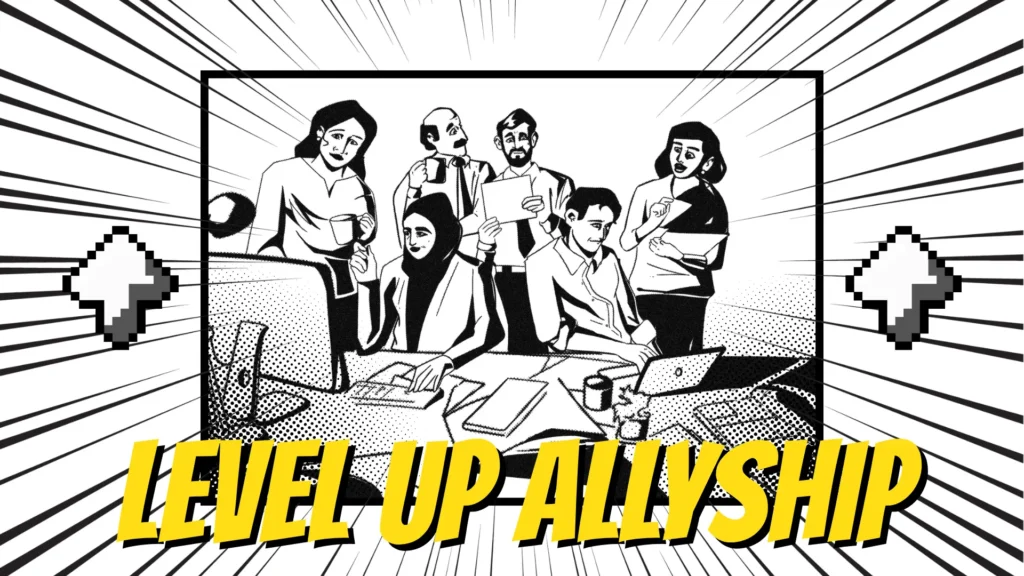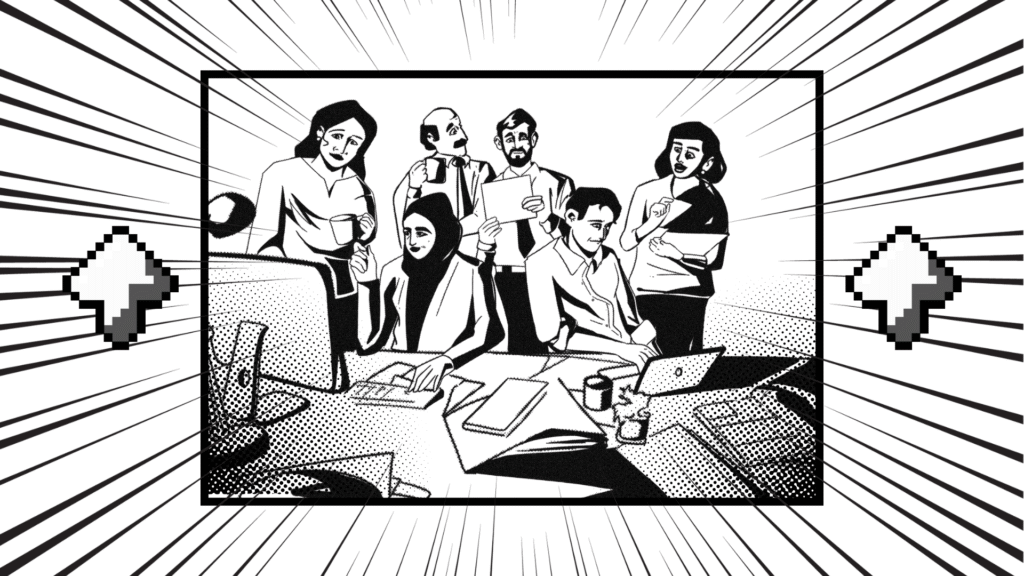When Rhea saw the faint blue line on the pregnancy test, she didn’t feel surprised. Her body had known before her mind caught up. The nausea, the bone-deep fatigue, the strange new appetite—it was all already there.
She sat in her car for an hour, staring at the test strip.
At 32, Rhea was a mid-level manager at a tech company. She had just been named to lead a major product launch—her career’s biggest milestone. But now, joy and fear crashed into each other inside her chest. She wasn’t thinking about baby names or due dates. She was thinking about the pitch presentation scheduled for Friday. And whether they’d still let her lead it once they knew.
Her company wasn’t hostile. On paper, it was progressive—policies that boasted inclusivity, HR manuals filled with phrases like “zero bias” and “work-life balance.” But Rhea had quietly watched what happened to other women:
The promotions paused.
The meetings missed.
The emails slowing down like friendships you forget to water.
So when she told her manager, she rehearsed it like a client pitch. She smiled. She said she was “feeling great” and “planning ahead.” He smiled too. Congratulated her. Told her to “take it easy.”
And within a week, she was eased out of the project she had built from the ground up.
No one was unkind. No one said anything offensive. But meetings moved without her. Juniors were looped in above her. Emails now began with “Hope you’re resting!” instead of “Can we jump on a call?”
She was still in the office. Still replying. Still working. But slowly, quietly, she was disappearing.
She remembered reading about the Maternity Benefit (Amendment) Act—the 26 weeks of paid leave, the right to a crèche, the promise of support. But policy isn’t a hand on your back when your confidence crumbles. The law, she realised, is only the floor. And right now, she doesn’t know how to stand on it.
Then, one morning, something shifted.
Her laptop froze. She called IT. A young woman came to fix it. As they waited for the reboot, she said:
“I heard you’re expecting. That’s so cool. I hope you come back and lead a team. We need to see more women doing that.”
The words hit Rhea like a chord struck just right. She hadn’t realised how badly she needed to be seen—not as a risk or a burden, but as still here.
That night, Rhea wrote to HR. Not with complaints, but ideas:
- A buddy program for women returning post-maternity
- Leadership check-ins during and after leave
- Communication guidelines that respect, not patronise
- A gentle nudge to implement the crèche they advertised
To her surprise, they responded.
Rhea went on to take her full leave. She gave birth to a baby girl, Tara.
And when she returned six months later—sore, sleep-deprived, uncertain—something had shifted. Not everything. Not magically. But enough.
The law hadn’t saved her. But it had given her just enough ground to build something better.




